Umbrella insurance is designed to add another layer of protection for your family, and assets, in conjunction with your general auto or home insurance. Essentially, umbrella insurance is available to help safeguard against large and potentially overwhelming liability claims or judgments. It is designed to kick in when the liability coverage on home, auto, or boat policies has been exhausted.
Umbrella insurance can also be used to cover claims that may be excluded by other liability policies (such as false arrest, slander, liable, mental anguish, and liability coverage on rental properties you own).
What’s Covered by Umbrella Insurance?
Although there are many different types of umbrella insurance, they typically cover the same types of incidences:
- Personal injury
- Bodily injury
- Landlord liability
- Property damage
- Certain lawsuits
Here’s an example of how umbrella insurance can benefit your family:
You’re not paying attention and you run a red light, smashing into another vehicle and causing bodily harm to the other driver. Your auto insurance covers $250,000 of the driver’s hospital bills, but his injuries resulted in a $275,000 bill in addition to lost wages. If you’re legally responsible for covering the remaining $25,000+ that your auto insurance doesn’t cover, and the driver sues you for the difference, your personal assets could be at stake! In a situation like this, having umbrella insurance could be a lifesaver, as it would then kick in to cover the remaining balance, in respect to the amount of coverage you selected.
Umbrella Policies and HOAs
They can be tailored to fit individual properties and neighborhoods, depending on size and amenities, with these being some of the main items that should be included in the policy (if applicable):
- Lakes or ponds
- Playgrounds
- Swimming pools
- Parks
- Other common areas
An umbrella policy’s purpose is to cover any unforeseen gaps in your general liability coverage and also your D&O coverage. It protects the community from losses that, while probably rare, can still occur.
Here’s an example of how an umbrella policy can benefit an HOA:
There’s a pond in your community that has frozen over during the winter. A group of children found their way to the ice, but it was so thin that it gave way. A child drowned, another had a traumatic brain injury, and others with them suffered emotional trauma. Your community is sued for over $5 million because there were no warning signs or barriers around the pond and the thin ice on the pond was due to incorrect management of waterflow. Yikes!
While it sounds far-fetched, this actually happened in 2011 in an HOA in Indiana! A $5 million liability would be tough for an HOA to handle under any circumstances – especially so without an umbrella policy!
What’s Not Covered by Your Umbrella Policy
Understanding what’s not covered may be just as beneficial as knowing what is covered. Here are just a few items that typically are not covered by this type of insurance:
- Personal property: Umbrella insurance is often designed to help cover expenses if you’re responsible for damages to someone’s property, but it typically does not cover expenses to personal property.
- Business losses: Damage to your business or any losses related to business operations, such as malpractice lawsuits, are usually not covered by a personal umbrella policy.
- Written or oral contracts: Liability that arises in connection to a contract you entered is generally not included in umbrella policies. (A good example of this would be if you’re sued by a contactor you hired to remodel your home.)
- Criminal acts or omissions: Your personal umbrella policy generally won’t cover you if you’re injured or sued in connection to illegal behavior.
Umbrella insurance is optional coverage, but it may offer vital increased protection when accidents strike. Because it’s impossible to predict the future, it would be very wise to add umbrella policies to all types of insured coverage.




